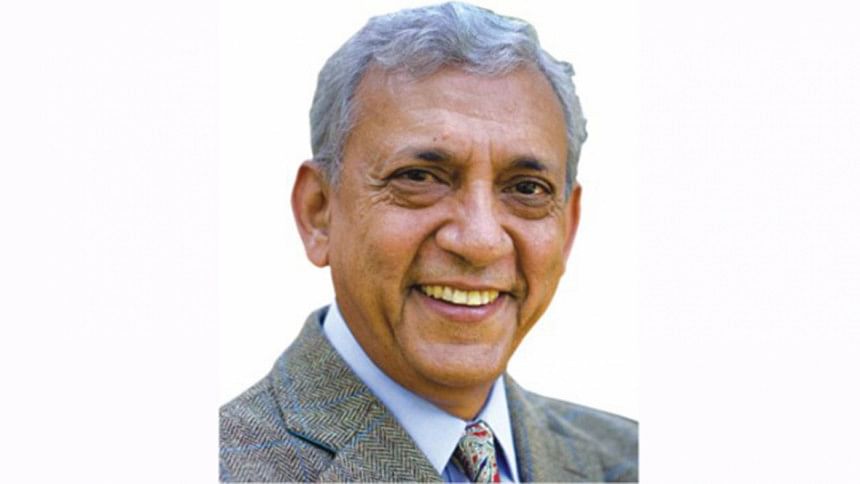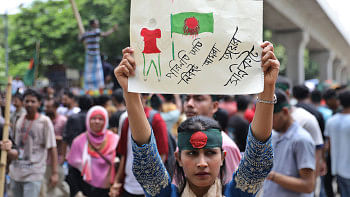Graft well accepted

Corruption has become a norm in today's society -- a reality that must change through building an enlightened citizenry, said anti-corruption campaigners and journalists yesterday.
This will require an education system that helps develop values among people and a free media that creates mass awareness on public affairs and hold power accountable, they added.
The observations came at a discussion on the Digital Security Act and the challenges facing investigative journalism in the country organised by the Transparency International Bangladesh (TIB) at its auditorium in the capital.
“We have become complacent [about corruption]. Even if we know somebody is corrupt, we accept them,” said chief guest of the programme Gowher Rizvi.
He said poverty will stay as long as there is corruption. But only law is not enough to reduce corruption. The citizens have to be vocal and socially boycott the corrupt, he added.
About the Digital Security Act passed this year, Prime Minister's International Affairs Adviser Rizvi said discussion should continue on the law and it could be amended after the election, if necessary.
He also highlighted the role of evidence-based investigative journalism in checking corruption.
“Civilization cannot flourish without freedom of expression. Censorship never works. So, it is better not to impose it,” Rizvi added.
TIB Chairperson Sultana Kamal termed the Digital Security Act as a stumbling block to evidence collection for investigative journalism.
“If the voice of mass media is controlled, its scope for educating people decreases,” she said, adding that if the authorities harass journalists while collecting evidence, the society would be harmed.
The Digital Security Act has provisions allowing police to arrest anyone without a court warrant. Provisions like this can be abused.
Journalist Abul Momen said the intellectuals were very outspoken in the 60s and 70s. They didn't play a passive role.
“We want to see children grow up to be good citizens with values and honesty. But, the current education system does not prepare them that way. It focuses on examinations and grades.
“We need to change this for the sake of the progress of democracy and human rights,” Momen said.
Daily Prothom Alo Feature Editor Shumona Sharmin said investigative journalism is a key tool to sustain the society that has almost accepted corruption as the norm.
“To change the tide, the citizens need to utilise the tool that is investigative journalism,” she said.
TIB Executive Director Iftekharuzzaman said the Digital Security Act created a sense of insecurity among all people. It would require major amendment for the sake of journalism that can help reduce corruption.
DBC Editor Zayadul Ahsan said politicians have now become reliant on bureaucrats. Taking this advantage, the bureaucrats incorporate laws that provide them with privileges and do not uphold peoples' rights.
Journalist Reaz Ahmad said if it is implemented in its current form, the act will be abusive. He suggested framing its rules in a way that protects journalists from harassment.
TIB conferred Investigative Journalism Awards 2018 to six journalists and two video documentary makers.
The awardees are Muhammad Nuruzzaman of Daily Probaha, Khulna; Rajib Nur and Zahidur Rahman of Daily Samakal; Anowar Hossain of Daily Prothom Alo; Utpal Mirza of Maasranga Television; Mufti Parvez Nadir Reza of Ekattor Television; two documentaries by Investigation 360 of Jamuna Television and Talaash of Independent Television. TIB Director Sheikh Manzur-e-Alam also spoke at the ceremony.

 For all latest news, follow The Daily Star's Google News channel.
For all latest news, follow The Daily Star's Google News channel. 








Comments